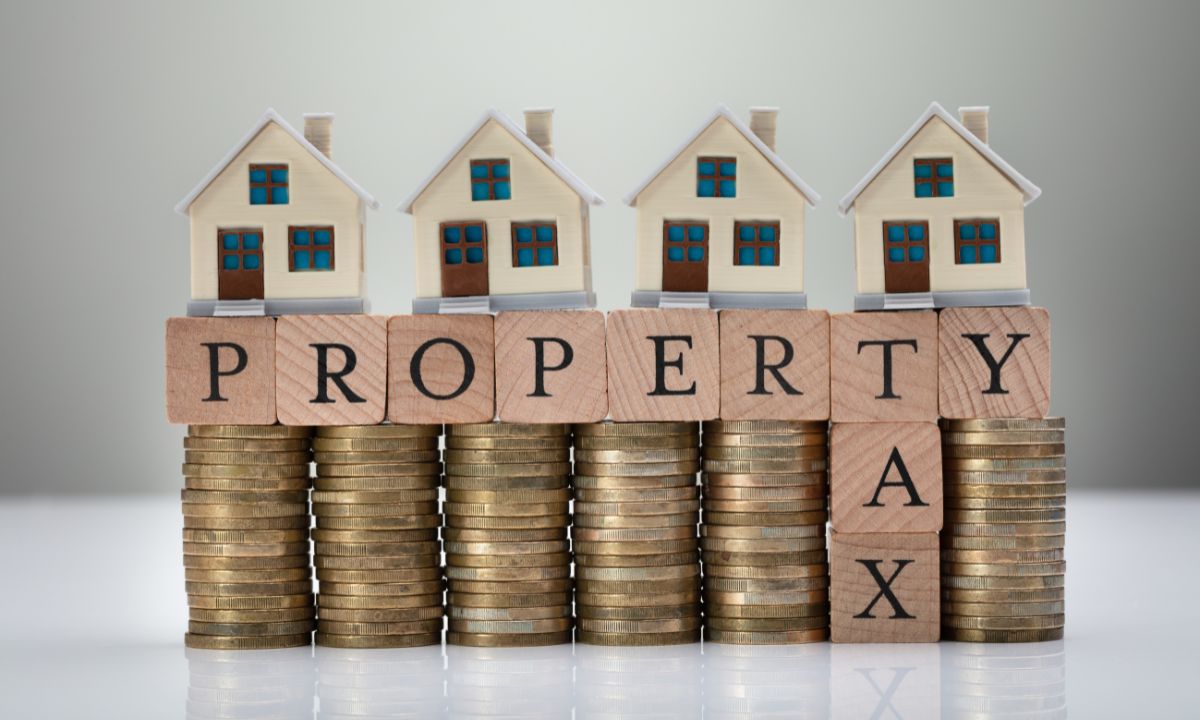 In the realm of real estate, the dream of homeownership often feels like a distant horizon for many individuals and families. Skyrocketing property prices, coupled with stagnant wages, have created significant barriers to entry into the housing market. However, amidst these challenges, there is a glimmer of hope in the form of affordable housing initiatives. These strategies aim to break down the financial barriers and make homeownership accessible to a wider range of people. In this blog post, we’ll explore some innovative approaches that are reshaping the landscape of affordable housing.
In the realm of real estate, the dream of homeownership often feels like a distant horizon for many individuals and families. Skyrocketing property prices, coupled with stagnant wages, have created significant barriers to entry into the housing market. However, amidst these challenges, there is a glimmer of hope in the form of affordable housing initiatives. These strategies aim to break down the financial barriers and make homeownership accessible to a wider range of people. In this blog post, we’ll explore some innovative approaches that are reshaping the landscape of affordable housing.
1. Government Subsidies and Grants
One of the most traditional yet effective methods to make homeownership accessible is through government subsidies and grants. These initiatives provide financial assistance to low-income families, enabling them to secure affordable housing options. Programs like the Federal Housing Administration (FHA) loans and the Department of Housing and Urban Development (HUD) initiatives offer down payment assistance and low-interest mortgages, significantly reducing the upfront costs associated with buying a home.
2. Community Land Trusts
Community Land Trusts (CLTs) have emerged as a powerful tool in the fight against gentrification and housing unaffordability. CLTs acquire land and maintain ownership while allowing residents to purchase homes or lease the land at affordable rates. By separating the cost of land from the cost of housing, CLTs ensure that properties remain permanently affordable for future generations. This model fosters community stewardship and empowers residents to take control of their housing destiny.
3. Shared Equity Models
Shared equity programs offer an innovative approach to homeownership by allowing individuals to purchase a portion of a property while the remaining share is held by a nonprofit organization or government entity. As homeowners build equity over time, they can gradually buy out the shared portion, ultimately owning the property outright. This model not only reduces the financial burden of homeownership but also promotes wealth accumulation and stability for low and moderate-income households.
4. Micro-Housing and Tiny Homes
In response to the growing demand for affordable housing in urban areas, micro-housing and tiny home communities have gained popularity as cost-effective alternatives to traditional housing options. These compact dwellings are designed to maximize space efficiency while minimizing construction costs, making them an attractive option for individuals seeking affordable homeownership solutions. Micro-housing developments often incorporate shared amenities and communal spaces, fostering a sense of community and collaboration among residents.
5. Incentives for Developers
In addition to consumer-focused initiatives, governments can also incentivize developers to prioritize affordable housing construction through tax breaks, density bonuses, and streamlined approval processes. By creating a favorable environment for affordable housing development, policymakers can encourage private sector investment and accelerate the supply of affordable homes in high-demand markets.
Affordable housing initiatives represent a beacon of hope in an otherwise challenging housing market. By leveraging innovative strategies and fostering collaboration between government agencies, nonprofit organizations, and private sector stakeholders, we can make significant strides toward achieving housing equity for all. Whether through government subsidies, community land trusts, shared equity models, or micro-housing developments, there are countless pathways to making homeownership a reality for individuals and families from all walks of life.
 Purchasing a new home is an exciting milestone, but it also comes with various responsibilities, including understanding property taxes. Property taxes are a crucial aspect of homeownership, as they contribute to local government funding and services. In this guide, we’ll break down everything you need to know about property taxes as a new homebuyer.
Purchasing a new home is an exciting milestone, but it also comes with various responsibilities, including understanding property taxes. Property taxes are a crucial aspect of homeownership, as they contribute to local government funding and services. In this guide, we’ll break down everything you need to know about property taxes as a new homebuyer.